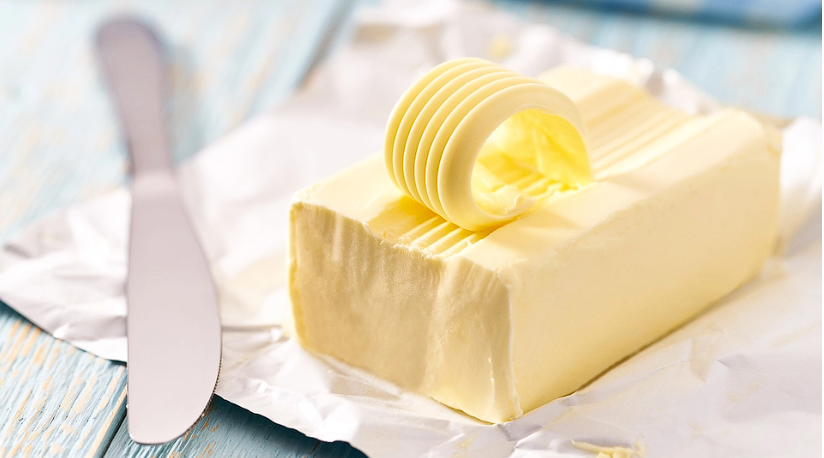Some stores are now placing alarmed security boxes around their butter it to prevent theft.
Others are reading now
Russia’s wartime economy is straining under the cost of basic goods, with butter becoming the latest symbol of inflation and resource scarcity.
Butter Theft is Rising
The price of butter has jumped 26% over the past year, with some stores now placing alarmed security boxes around it to prevent theft.
The Russian government has prioritized defense spending to maintain its position in the conflict in Ukraine, leaving consumer inflation largely unchecked, according to El Economista.
The focus on defense is visible across the economy. Increased defense spending has driven up prices and intensified labor shortages, leaving fewer workers available for civilian production jobs.
Also read
A recent theft incident in Yekaterinburg, Russia’s defense industry hub, highlighted these pressures. Security cameras captured two men stealing 20 kilograms of butter along with cash from a dairy plant.
Not Enough Workers
Alexandra Prokopenko, a researcher with the Carnegie Russia Eurasia Center in Berlin, noted that inflation is difficult to control in a wartime economy.
She explained that many factories would work in three shifts to meet demand, but there aren’t enough workers to fill the roles, pointing out that “you can’t fight both inflation and a war at the same time.”
Consumer prices are rising rapidly, and the Russian central bank expects inflation to reach 8.5% this year, twice its target.
Despite calls for economic stability, President Vladimir Putin shows no signs of reducing defense spending, which is expected to reach 13.5 trillion rubles ($145 billion) in the next year’s budget.
In October, the Russian central bank raised its key interest rate to a record 21% in an attempt to combat inflation.
High defense spending has led to round-the-clock production in the defense sector, creating a nationwide labor shortage.
Unemployment has hit a historic low of 2.4%, forcing employers to raise wages and putting additional pressure on inflation.
The central bank governor, Elvira Nabiullina, recently told parliament that high inflation shows demand has “far outpaced the economy’s production capacity.”
Nabiullina also noted that many factories are fully operational, with little unused machinery left, even outdated equipment.


